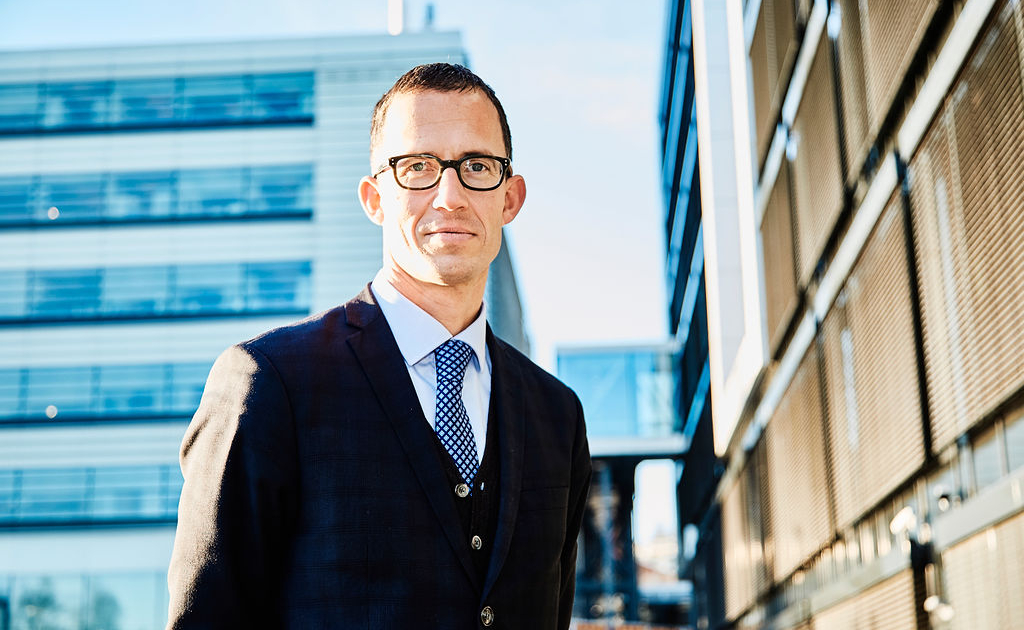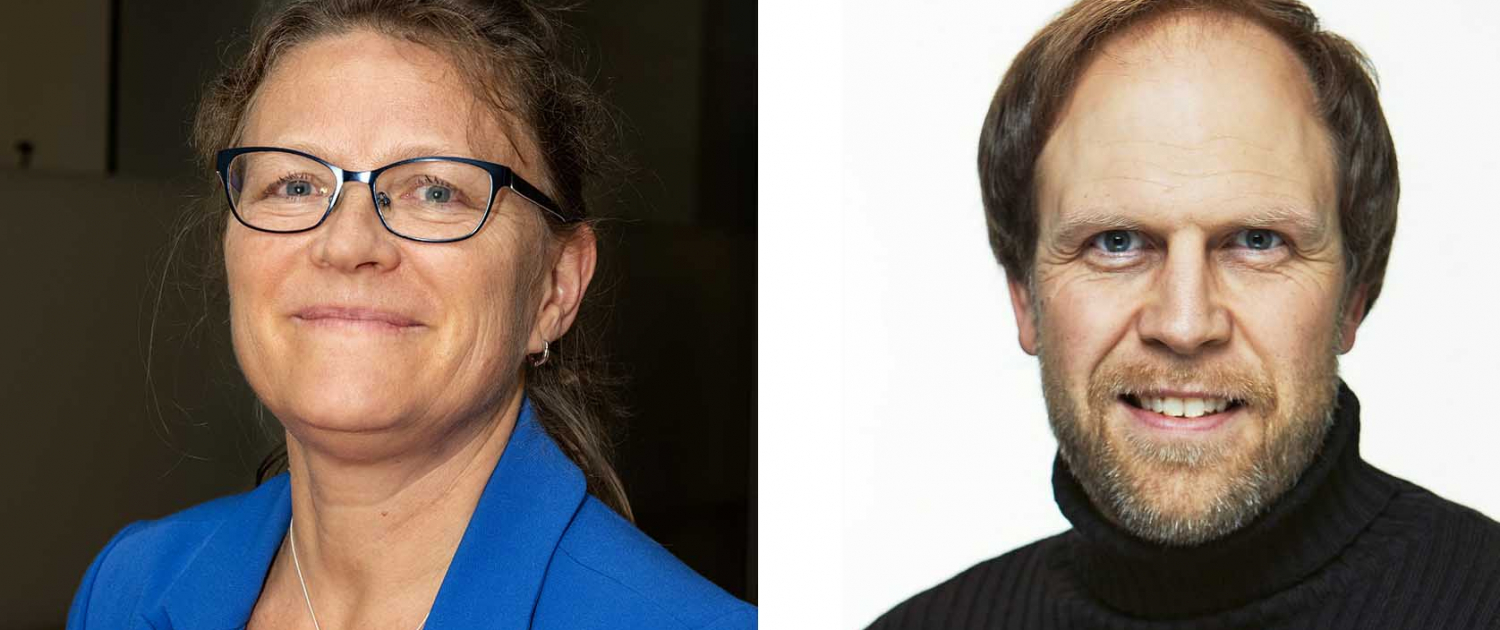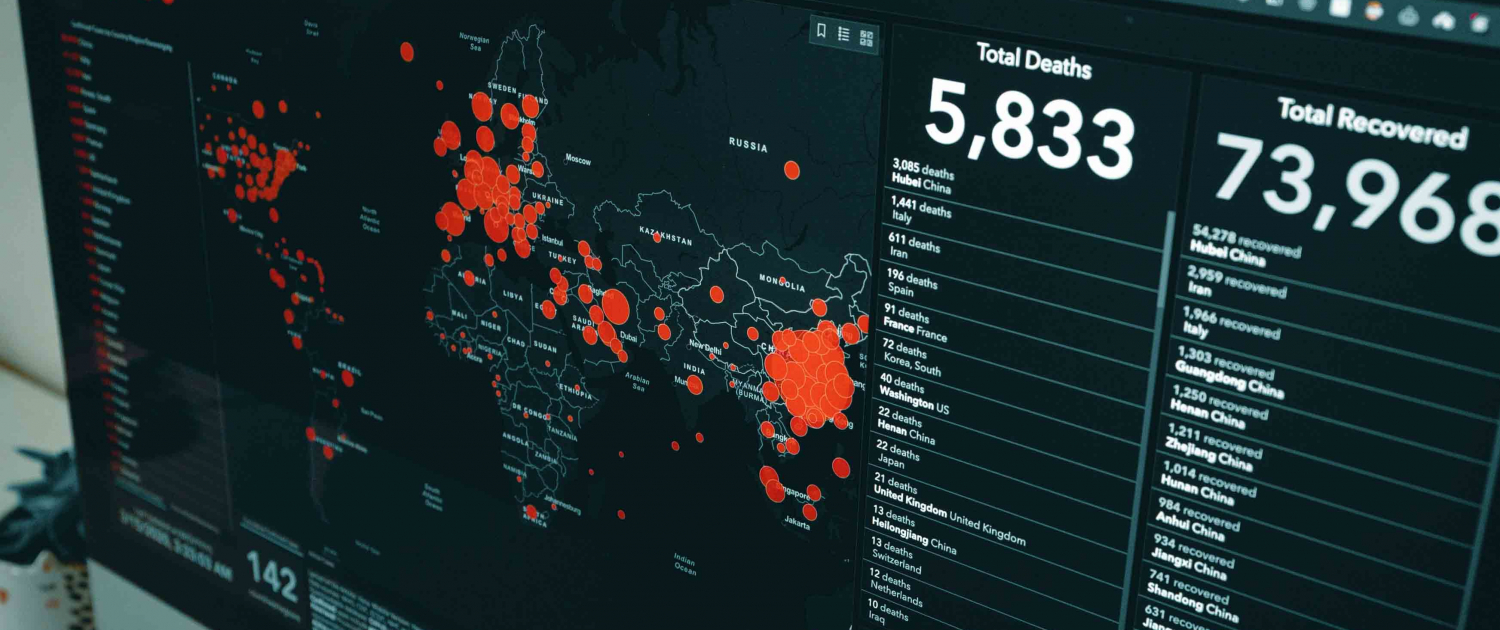
Tirsdag 12. oktober ble statsbudsjettet for 2022 presentert. Det inneholder lite for kreftpasienter og innovasjon innen kreftbehandling.
– Oslo Cancer Cluster savner en større satsing på innovasjon innen helse generelt og kreft spesielt, sier Ketil Widerberg, daglig leder i Oslo Cancer Cluster, og legger til:
– I årene som kommer vil kreft bli en enda mer vanlig sykdom som vi må leve med, fordi flere vil overleve kreft med stadig bedre og mer presis kreftbehandling. Dette fordrer mer satsing på innovasjon for å finne gode løsninger for kreftpasienter.
Tilbudet til kreftpasienter
Under overskriften «bedre tilbud til kreftpasienter», nevner den avtroppende regjeringen det den anser som sitt viktigste grep for kreftpasienter: tverrfaglige diagnosesentre i alle regioner, standardiserte pakkeforløp og bedre samarbeid med fastlegene.
– Det er viktig at vi har pakkeforløp, men samtidig krever ny presisjonsmedisin individualisering som pakkeforløpene ikke tar høyde for, kommenterer Ketil Widerberg.
Andre punkter for kreft i Statsbudsjettet 2022:
- 20,5 millioner kroner i 2022 for å tilby hjemmetester til kvinner som ikke har testet seg på 8-10 år.
- Ytterligere 28,9 millioner kroner til innføring av et nasjonalt screeningprogram for tarmkreft, med en samlet bevilgning på 157,1 mill. kroner i 2022. Tilbudet skal gis til kvinner og menn det året de fyller 55 år, og skal gjøres landsdekkende innen 2024.
Lite konkret om helsenæringen
Oslo Cancer Cluster registrerer at regjeringen i budsjettforslaget skriver at den følger opp Meld. St. 18 (2018–2019) Helsenæringen – Sammen om verdiskaping og bedre tjenester, samtidig som det står lite konkret om kliniske studier og samarbeid med legemiddelindustrien. Oslo Cancer Cluster etterlyser derfor stadig en konkretisering av hvordan Helsenæringsmeldingen skal følges opp, men er optimistisk til en mer konkret satsing på helsenæringen fra den påtroppende regjeringen.
Dette var Oslo Cancer Clusters innspill til Helsenæringsmeldingen i 2019.
Digitalisering og samarbeid
Regjeringen legger til grunn at digitalisering og teknologi «er en forutsetning for å realisere pasientens helse- og omsorgstjeneste, sikre et sammenhengende tjenestetilbud og for å effektivisere og videreutvikle helse- og omsorgstjenesten.» Det er Oslo Cancer Cluster enig i, men det må betydelig større initiativ til fra det offentlige for å få en god nok forutsetning.
I Morgenbladet tidligere i år skrev Ketil Widerberg at «Norske helsedata er i dag så lite attraktive og vanskelige å få tilgang på at antall kliniske studier synker og helsedataprogrammet sliter med å finne en finansieringsmodell. Få globale selskaper tar kampen mot det norske byråkratiet, det er enklere å gå til våre naboland. Finland og Danmark legger aktivt til rette for internasjonal deling og firmaers bruk av helsedata. De har forstått at helsedata vil revolusjonere innovasjon i helse, og dette skjer hverken i nasjonale eller private vakuum, det dreier seg om globalt samarbeid. I England jobber National Health Service aktivt med å dele nasjonale helsedata med globale firmaer. Burde e-helsedirektoratet og helseforetakene i Norge ha samme mål?»
– Vi gjentar denne virkelighetsbeskrivelsen, som en oppfordring til den påtroppende regjeringen om å sette seg høyere mål for å ta plass i den internasjonale konkurransen om helsedata, sier Ketil Widerberg.
Kronikken kan leses i Morgenbladets nettutgave.
Savner satsing på innovasjon
Den avtroppende regjeringen foreslår å sette av 204,2 millioner kroner til å styrke arbeidet med digital samhandling i helse- og omsorgssektoren. 57,9 millioner kroner foreslås satt av til pasientens legemiddelliste. 10 millioner kroner foreslås for å styrke arbeidet med de nasjonale e-helseløsningene, gjennom investeringer i grunndata- og tillitstjenester, og nasjonal tjeneste for laboratorie- og radiologisvar i 2022.
Oslo Cancer Cluster mener at det er bra at digital samhandling får midler og oppmerksomhet, men at området innovasjon og samarbeid minst er like viktig for pasientenes behandlingstilbud, og at det er uforståelig at dette ikke prioriteres.
– For å legge til rette for å få bedre presisjonsmedisin inn i behandlingstilbudet til norske pasienter, må det satses mer på å gjøre innovasjon og samarbeid mellom offentlige og private aktører til en naturlig del av det norske helsevesenet. Vi er på god vei, men vi er ikke i mål. Derfor er det beklagelig at budsjettforslaget ikke legger mer til rette for offentlig-privat samarbeid innen helse, og at det ikke er noen omfordeling eller ny satsing på innovasjon og næringsutvikling på helseområdet, sier Widerberg.
Oslo Cancer Cluster har i år trukket fram EUs satsing på kreftinnovasjon, med sitt Cancer Mission, som en gylden mulighet til å gi norske pasienter et fortrinn i utvikling og innføring av ny kreftbehandling.
– Vi etterlyser en klarere satsing på kreftinnovasjon i tråd med mulighetene som nå ligger i EUs satsing på kreftforskning i sitt nye Cancer Mission, sier Ketil Widerberg.
Se vårt høringsinnspill til ny langtidsplan for forskning og høyere utdanning, der vi forklarer hvorfor nettopp EUs Cancer Mission er en mulighet for Norge.
Ny opsjonsbeskatning
Regjeringen foreslår en ny skatteordning for ansatteopsjoner i selskap i oppstarts- og vekstfasen. Forslaget til denne ordningen ga Oslo Cancer Cluster høringsinnspill på tidligere i år, der vi tok til orde for en opsjonsordning som også gir mulighet til å videreutvikle den nasjonale helsenæringen, som har veldig lange utviklingsløp sammenliknet med andre næringer (12-15 år). Slike hensyn foreslo vi kunne være å fjerne dagens mange begrensinger på opsjonsskatteordningen helt eller i det minste øke de foreslåtte begrensingene betraktelig, eller gi en særordning for helsenæringen.
Finansdepartementet har ikke tatt hensyn til noen av våre eller andre instansers høringsinnspill på disse punktene og fastholder forslaget i høringsbrevet.
– Oslo Cancer Cluster er fornøyd med at opsjonsskatteordningen tross alt blir bedre, men vi savner forståelse for helsenæringens særstilling med den lange tiden det tar å gjennomføre kliniske studier og utvikle nye legemidler. Det er her vi finner de lengste utviklingsløpene, sier Ketil Widerberg.
Opsjonsskatteordningen foreslås nå å gjelde for inntil 10 år gamle bedrifter med opp til 50 ansatte og 80 millioner kroner i omsetning, mot tidligere 6 år gamle bedrifter med inntil 25 ansatte og 25 millioner i omsetning.
Her er vårt høringsinnspill til ny opsjonsskatteordning.
Siva og modne klynger
Regjeringen har lenge diskutert omstrukturering av virkemiddelapparatet og spesielt Siva – selskapet for industrivekst. Siva tilrettelegger i dag for vekst og utvikling i industri og næringsliv, og drifter inkubatorprogrammet samtidig som de er en av eierne av Oslo Cancer Cluster Incubator.
Regjeringen ønsker å samle støtten som går til klynger, nettverk og økosystemer hos én aktør, og foreslår i statsbudsjettet at Sivas programvirksomhet, herunder katapultordningen og inkubasjonsprogrammet, legges under Innovasjon Norge, og samles med klyngeprogrammene. Sivas eierskap i 77 innovasjonsselskaper foreslås avviklet til fordel for regional næringsutvikling. Endringene foreslås fra 1. juli 2022.
– For oss er det ikke hensiktsmessig med en regionalisering av innovasjonssatsingen, hverken for verdiskaping i helsenæring eller for fremtidens kreftpasienter, sier Ketil Widerberg, som også leder Oslo Cancer Cluster Incubator.
Under posten for innovative næringsmiljøer nevner statsbudsjettet klyngeprogrammet til Innovasjon Norge og en satsing på modne klynger.
– Modne klynger er nevnt i statsbudsjettet som en del av satsingen på innovasjon, og vi ser det som en indiskajon på at modne klynger er viktig for Norge. Vi ser fram til at satsingen på modne klynger blir styrket, sier Widerberg.
Mer om statsbudsjettet 2022
Hva mener andre om statsbudsjettet?



 Brett Jordan/ Unsplash
Brett Jordan/ Unsplash Clay Banks / Unsplash
Clay Banks / Unsplash
